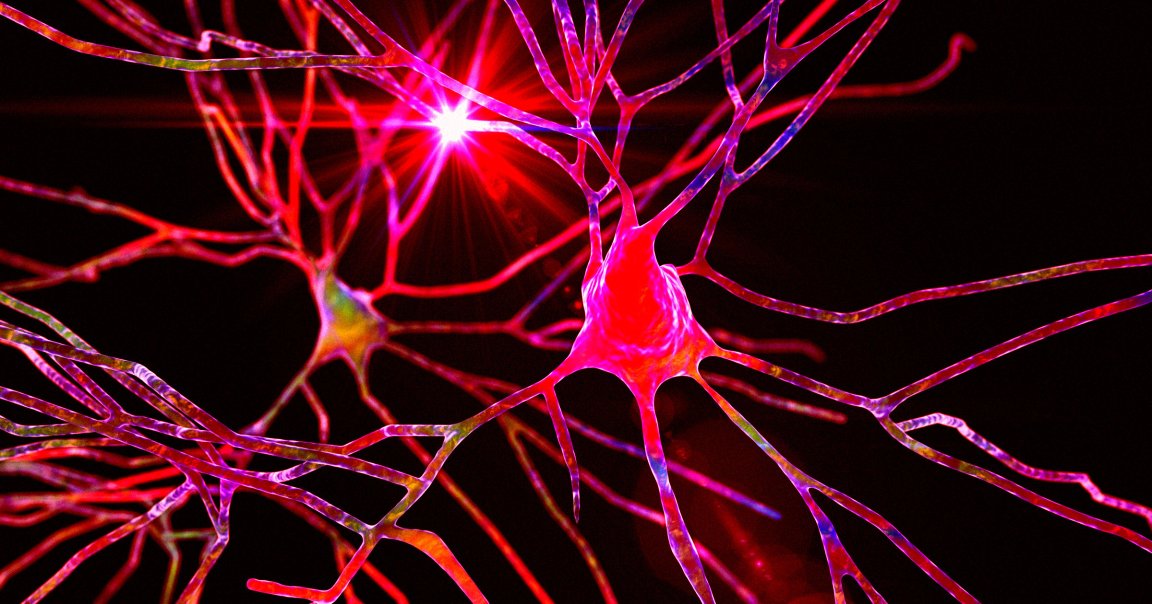
A research team says that for the first time in history, it’s successfully treated Huntington’s disease, a devastating and inherited disorder that kills nerve cells and leads to rapid decline and death.
Until now, the disease had no treatment to cure it or alter its course. Patients tend to succumb to the disease within 15 to 20 years after the onset of symptoms, which include trouble focusing, irritability, suicidal thoughts, and other mental health conditions, as well as uncontrolled movements affecting muscles across the body.
According to the Huntington’s Disease Society of America, there are around 41,000 Americans showing symptoms, while more than 200,000 are at risk of inheriting the disease.
As the BBC reports, University College London researchers have developed a new type of gene therapy that needs to be administered during lengthy brain surgery.
Trial data shows that the development of Huntington’s was slowed by an astonishing 75 percent in patients, effectively giving them decades of “good quality life,” as University College London Huntington’s Disease Centre director Sarah Tabrizi told the BBC.
“We never in our wildest dreams would have expected a 75 percent slowing of clinical progression,” she added.
It’s a major win for medical science, and a glimmer of hope for those whose parents had Huntington’s — as there’s a 50 percent chance that they will also develop the disease.
Results from the trial have yet to be released, let alone peer-reviewed, but there are reasons to be optimistic. According to the BBC, cognition and motor function tests showed that the development of the disorder was slowed by an average of 75 percent three years after the procedure.
Some patients involved in the groundbreaking study are even avoiding the use of a wheelchair, despite being expected to do so. One patient has returned to work after being medically retired.
The gene therapy treatment works by reducing levels of a toxic protein, called huntingtin, which kills neurons in the brain. By leveraging a gene-edited virus, the treatment can encourage neurons to produce microRNA designed to stop the production of the protein.
“There was every chance that we would never see a result like this, so to be living in a world where we know this is not only possible, but the actual magnitude of the effect is breathtaking, it’s very difficult to fully encapsulate the emotion,” University College London consultant neurologist Ed Wild told the BBC.
The researcher admitted that he was a “bit teary” thinking about the impact the therapy could have on affected families.
Best of all, brain cells aren’t replaced in the body, which means that the therapy “should last for life,” Wild explained.
More on gene therapy: Scientists Gene Hack Mice So Their Livers Produce Their Own Ozempic-Like Drug